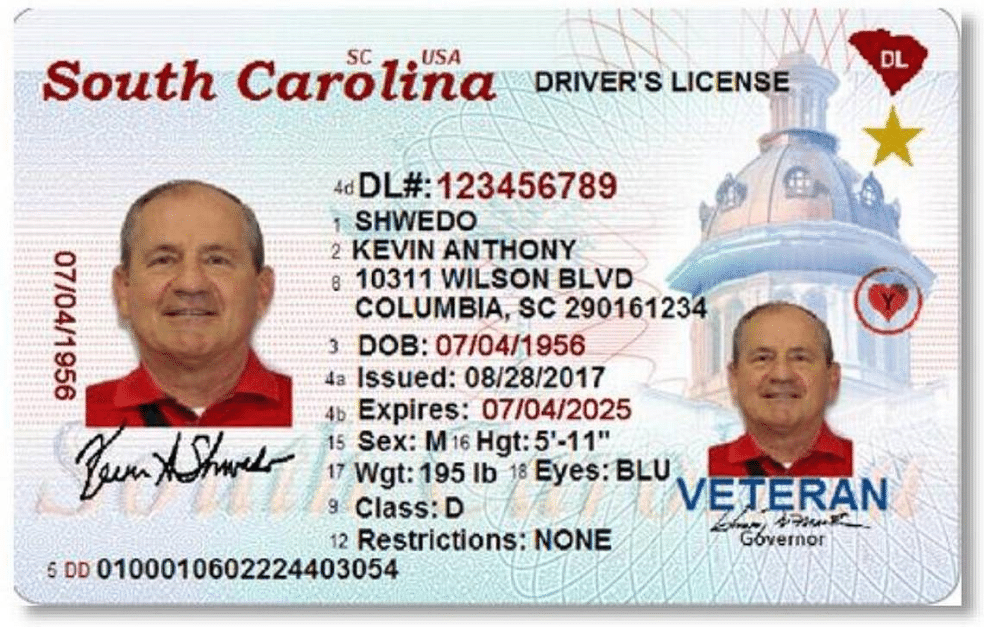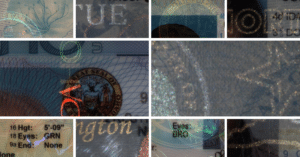Overview of South Carolina ID scanning laws
South Carolina has 5 laws which we consider relevant to ID verification, in addition to other laws which may related to age verification, identity verification, KYC, privacy, and biometrics.
Can you scan IDs in South Carolina?
Yes. There are no laws prohibiting or regulating the electronic scanning of an ID in South Carolina.
Can you save data from a scanned ID in South Carolina?
Yes. There are no current laws which limit or restrict saving data from a scanned ID in South Carolina.
Does South Carolina offer affirmative defense for ID scanning?
No. South Carolina has no affirmative defense laws related to ID scanning.
What types of IDs does South Carolina issue?
South Carolina issues drivers licenses and state IDs, including REAL ID.
Individual South Carolina ID verification laws
Age verification for alcohol sales
South Carolina requires that businesses verify age but does not require electronic scanning or verification for alcohol sales.
Age verification for tobacco sales
South Carolina requires that businesses verify age but does not require electronic scanning or verification for tobacco sales.
ID scanning for precious metals
Dealers of precious metals in South Carolina are required to keep records including the seller’s ID information.
Age verification for pornography
South Carolina requires websites containing 1/3 or more material deemed harmful to minors verify age to ensure users are at least 18 years old.
Data privacy laws in South Carolina
South Carolina does not have any state data privacy laws.


